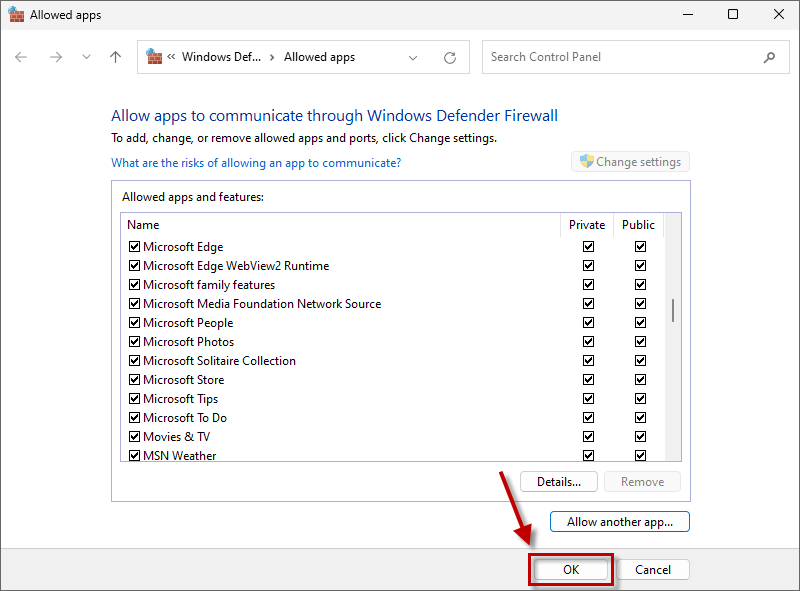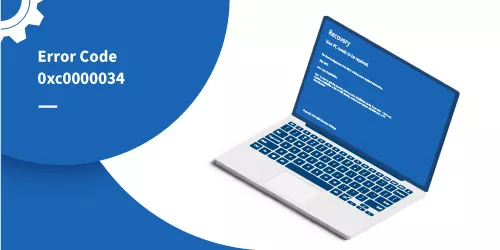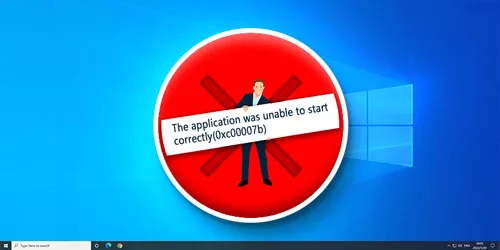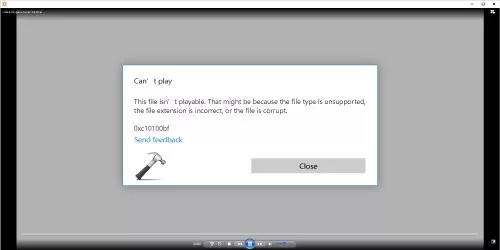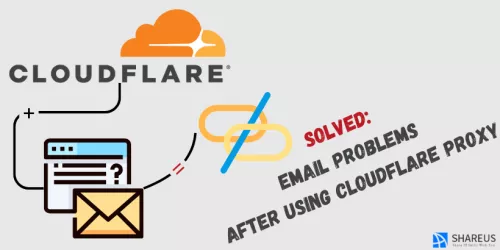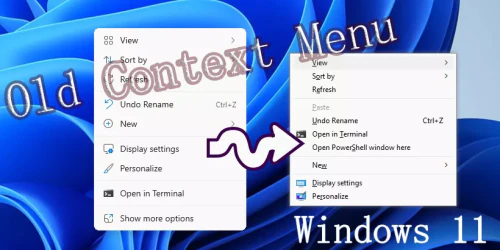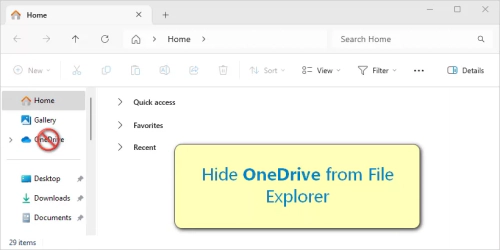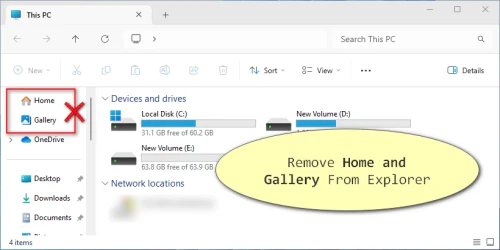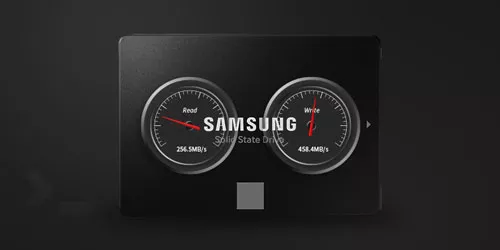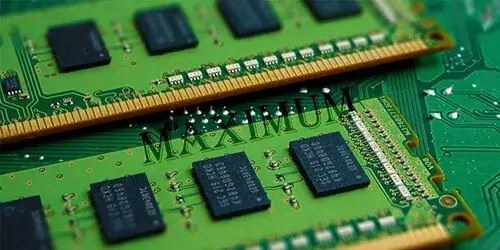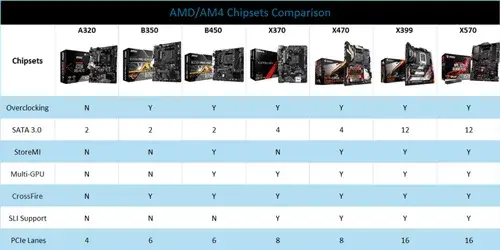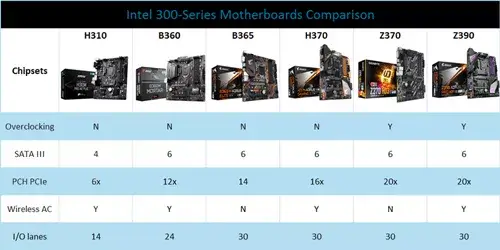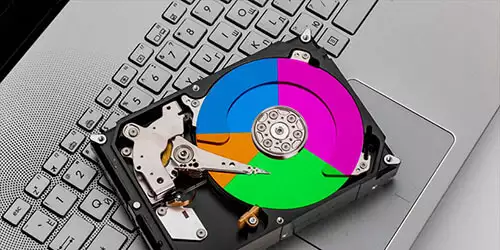How to Fix Windows Access Denied Error Code 0x80070005

The Windows 0x80070005 error is a common error code that indicates an "access denied" or "permission denied" issue. It usually occurs when a user tries to install or update software, access certain files or folders, or perform specific actions that require administrative privileges. Follow this article to learn how to fix Windows access denied error code 0x80070005.
Part 1: Causes of Error Code 0x80070005
There are several potential causes for the Windows access denied error code 0x80070005. Some of the common causes include:
Insufficient permissions: The user account you are using does not have sufficient permissions to access the file or folder in question. Error code 0x80070005 can happen if you are trying to access system files or folders without administrative privileges.
Antivirus or firewall software: Some antivirus or firewall software may block certain actions or access to files, resulting in the access denied error code 0x80070005. This can happen if the software considers the action or file to be potentially harmful.
Corrupted or damaged files: If the file or folder you are trying to access is corrupted or damaged, you may encounter the access denied error code 0x80070005. This can happen if the file was not properly saved or if it was affected by a hardware or software issue.
Disk or file system errors: If there are errors on your hard disk or in the file system, you may encounter the access denied error code 0x80070005. This can happen if the disk is failing or if the file system is corrupted.
Part 2: How to Fix Error Code 0x80070005
Here are a few possible solutions to fix error code 0x80070005:
Way 1: Run Clean Boot
To fix error code 0x80070005, you can try running a clean boot on your Windows system. Here's how:
Step 1: Press the Windows key + R to open the Run dialog box. Type msconfig and click OK. This will open the System Configuration window.
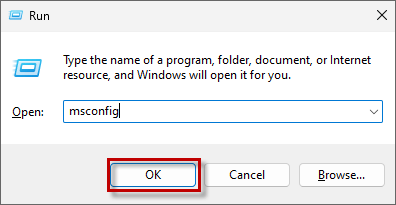
Step 2: In the System Configuration window, go to the Services tab. Check the box next to Hide all Microsoft services, and click on the Disable all button to disable all non-Microsoft services.
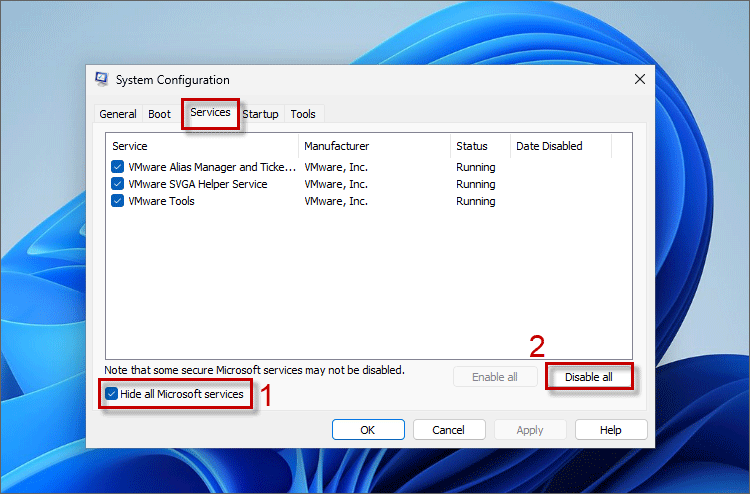
Step 3: Go to the Startup tab and click on Open Task Manager.
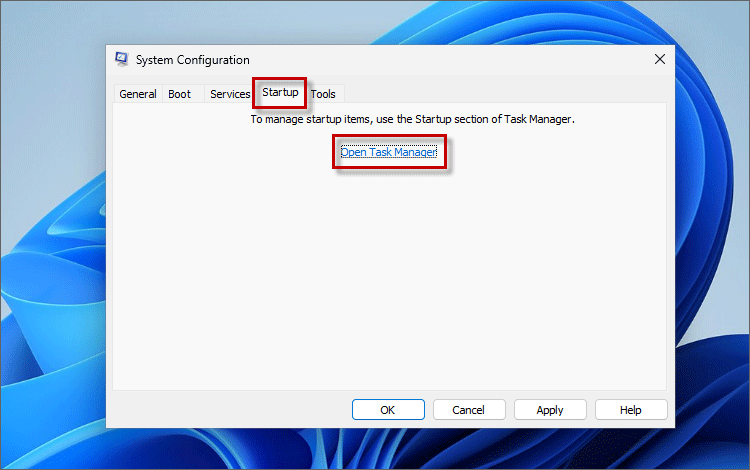
Step 4: In the Task Manager window, disable all startup items by right-clicking on each item and selecting Disable.
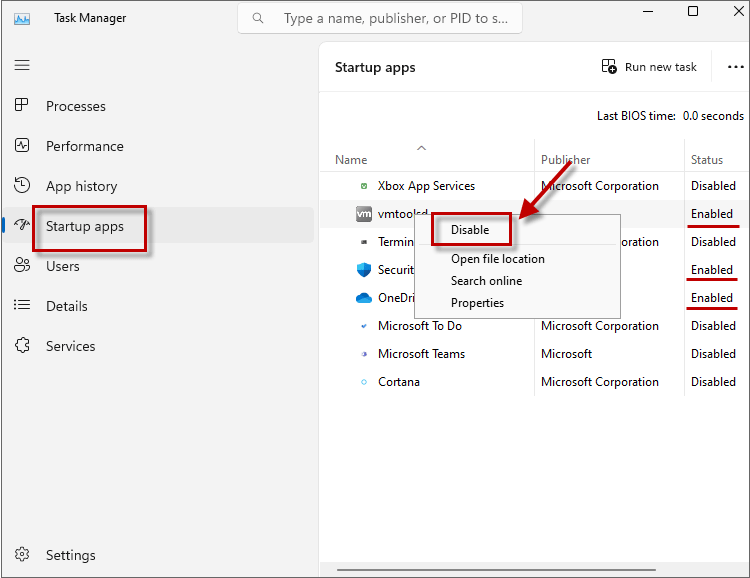
Step 5: Close the Task Manager and go back to the System Configuration window. Click on the Apply button and then click on OK to save the changes.
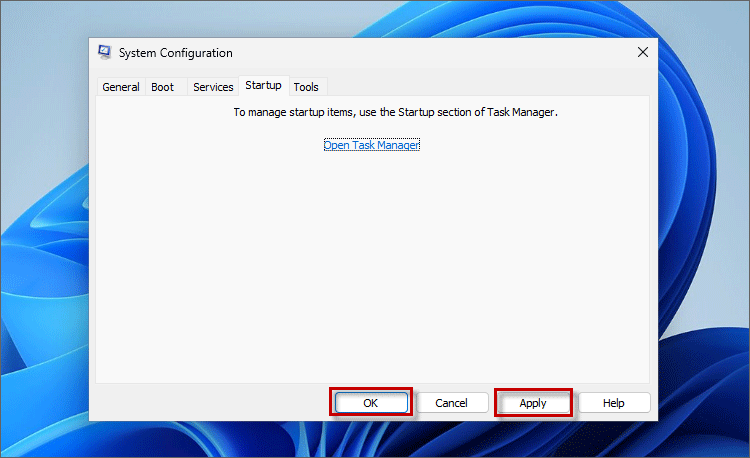
Step 6: Restart your computer. Check if the error code 0x80070005 is resolved. If it is, then one of the disabled services or startup items was causing the issue.
Way 2: Use Windows Update Troubleshooter
Error code 0x80070005 can also occur when Windows Update components are corrupted. Microsoft provides a tool called "Windows Update Troubleshooter" that can automatically reset Windows Update components.
To use the Windows Update Troubleshooter in Windows 11, you can follow these steps:
Step 1: Open the Settings app by clicking on the Start button and selecting the gear icon.
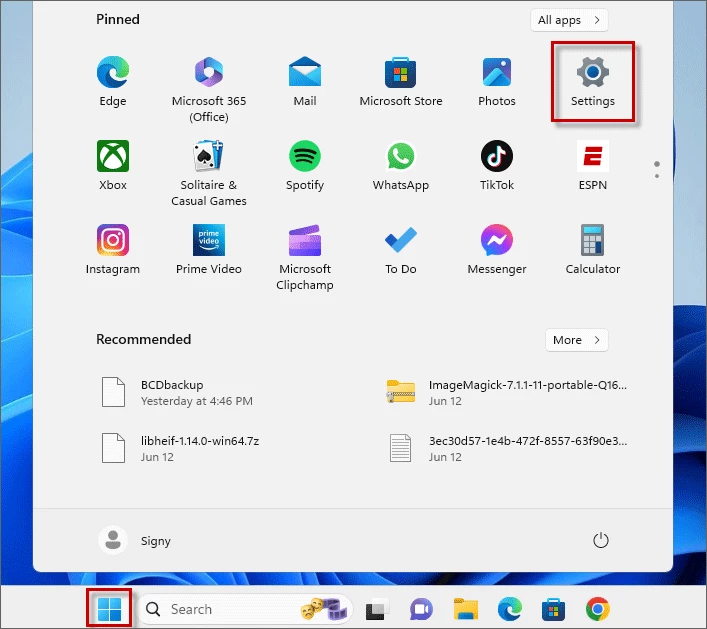
Step 2: In the Settings app, click on the System category in the left-hand menu, then scroll down and click on Troubleshoot.
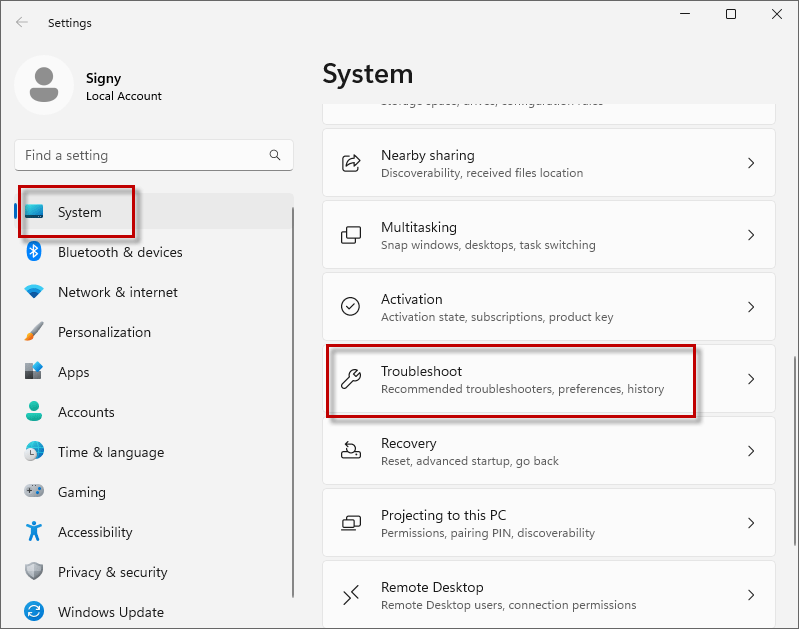
Step 3: Click on Other troubleshooters.
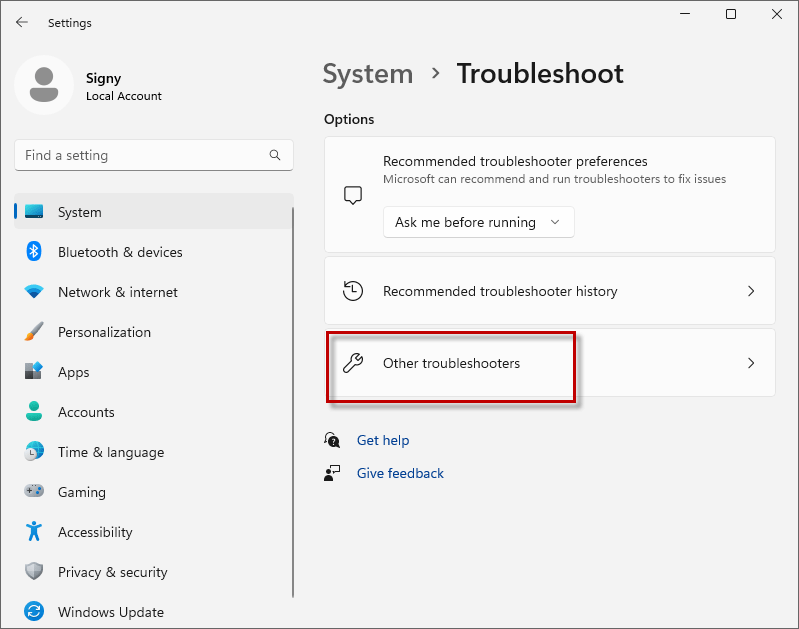
Step 4: Under the Most frequent section, locate Windows Update and click on the Run button to start the troubleshooting.
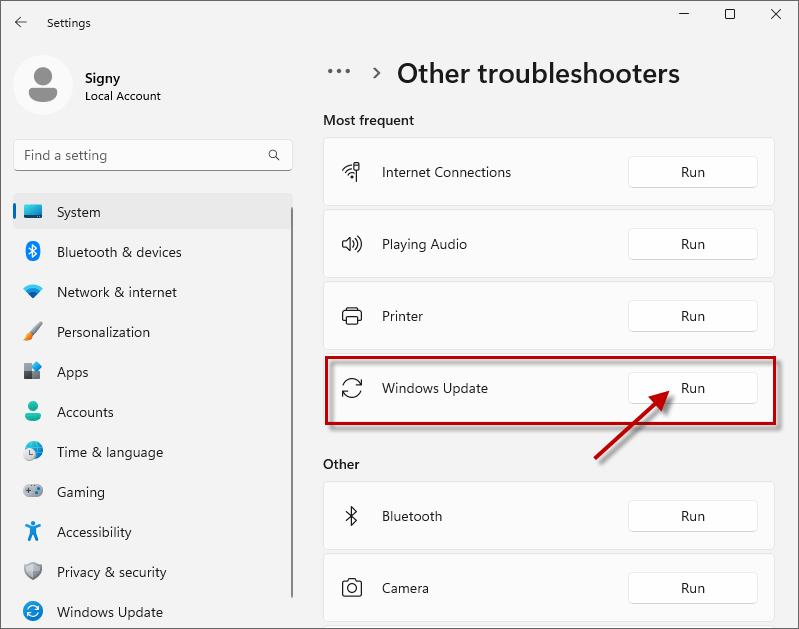
Step 5: The troubleshooter will now scan your system for any issues related to Windows Update and attempt to fix them automatically.
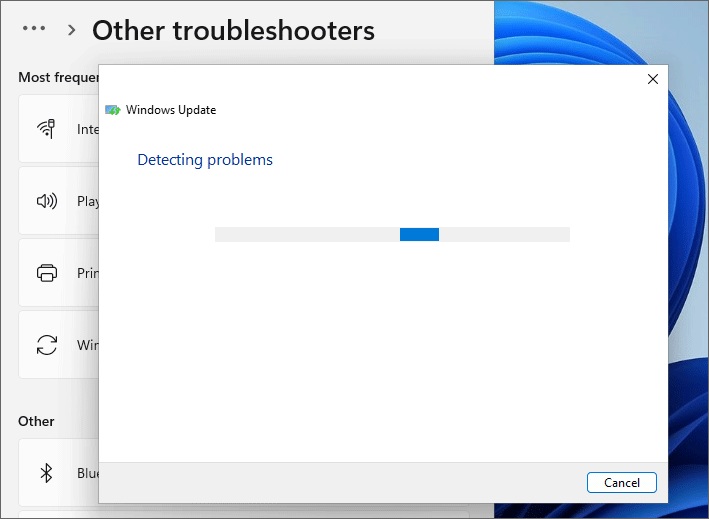
Step 6: Once any issues were found and fixed, click on the Close button to exit the troubleshooter.
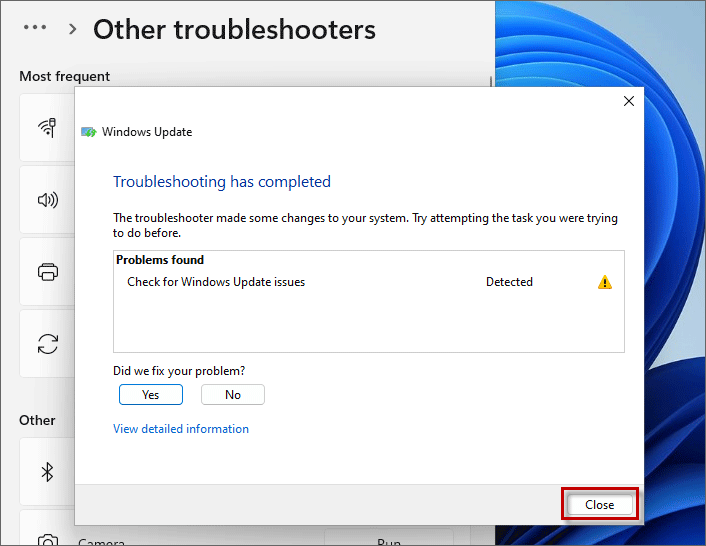
Restart your computer to apply any changes made by the troubleshooter. Check if the error code 0x80070005 is fixed.
Way 3: Run System File Checker
Use the built-in System File Checker (SFC) tool to scan and repair any corrupted system files to fix error code 0x80070005, follow these steps:
Step 1: Type "cmd" on the search bar and select Run as administrator to open the Command Prompt.
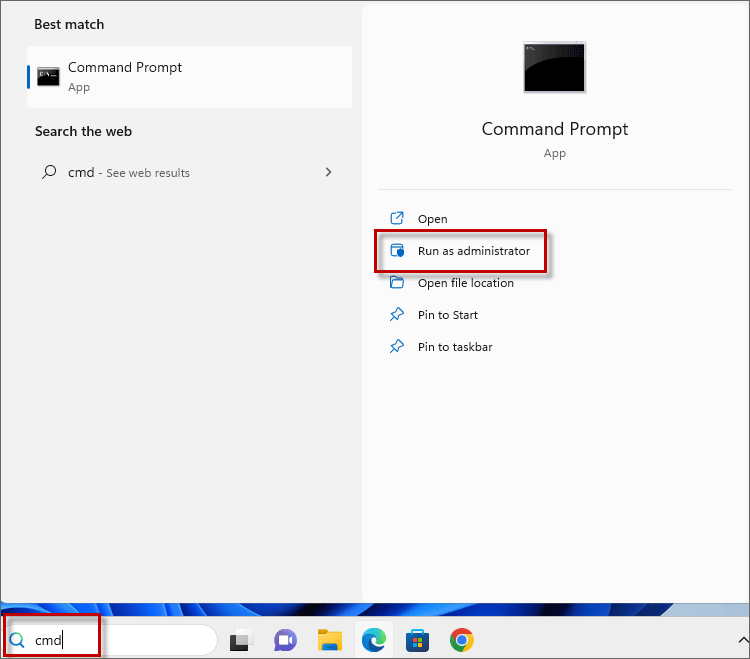
Step 2: In the Command Prompt window, type the following command and press Enter: sfc /scannow.
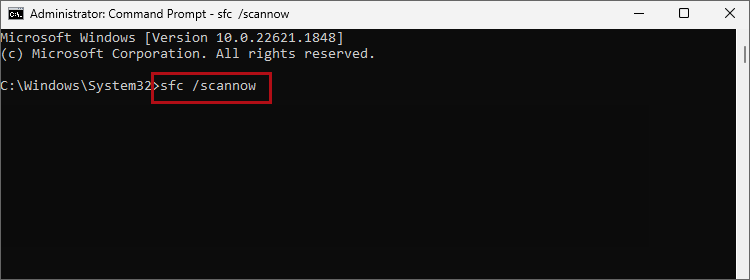
Step 3: The System File Checker will start scanning your system files for any issues or corruption. This process may take some time, so be patient and let it complete.
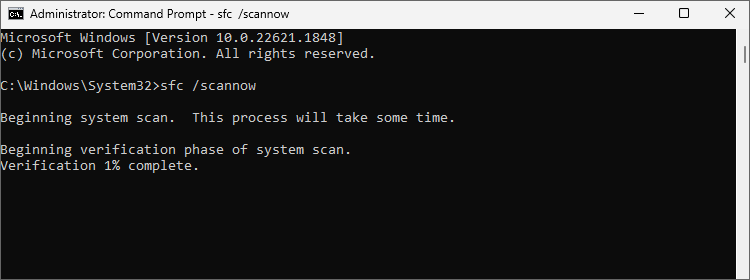
Step 4: Once the scan is finished, the SFC tool will display the results. If it finds any corrupted files, it will attempt to repair them automatically.
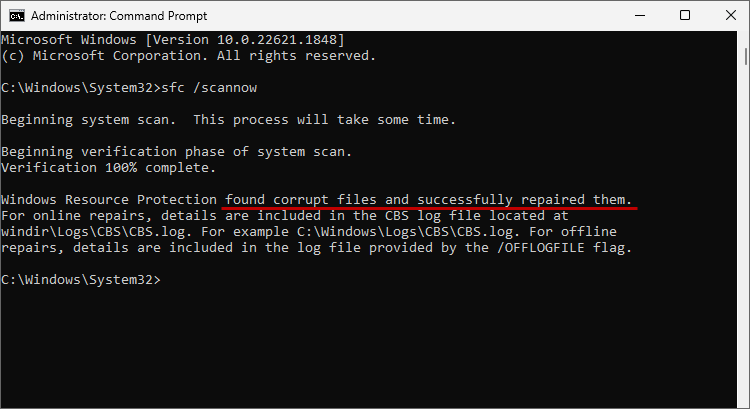
Step 5: If the SFC tool couldn't repair all the corrupted files, you can use the Deployment Image Servicing and Management (DISM) tool to fix them. In the same Command Prompt window, type the following command and press Enter: DISM /Online /Cleanup-Image /RestoreHealth.
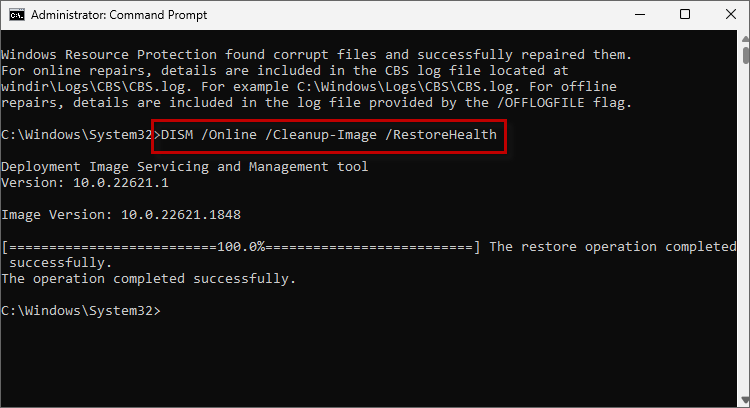
Step 6: The DISM tool will download and replace any corrupted files from Windows Update. Once the DISM tool finishes repairing the files, restart your computer.
After following these steps, the System File Checker and DISM tools should have repaired any corrupted system files, including the ones causing error code 0x80070005.
Way 4: Check Firewall Settings
To check your firewall settings and potentially fix error code 0x80070005 in Windows 11, you can follow these steps:
Step 1: Press the Windows key + I to open the Settings app. Click on Privacy & Security from the left-hand menu then select Windows Security from the options.
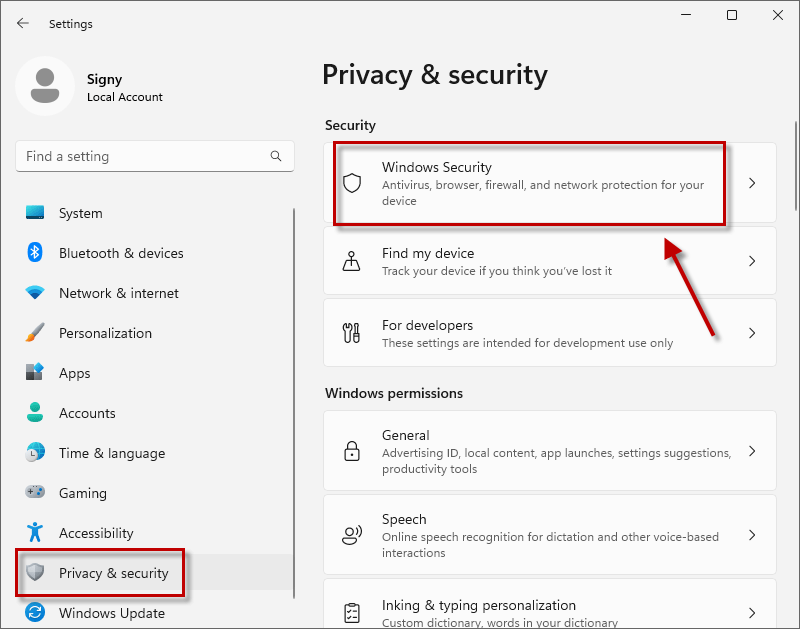
Step 2: In the Windows Security window, click on Firewall & network protection.
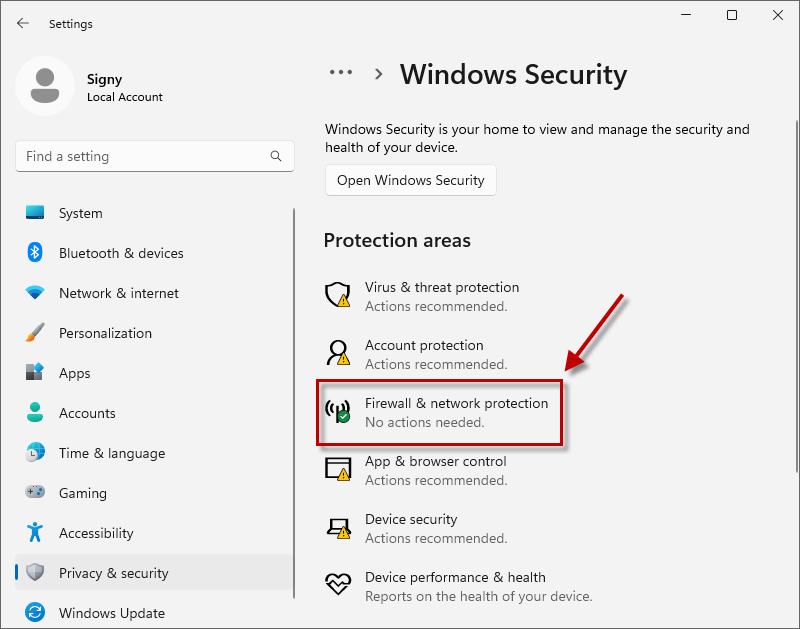
Step 3: Under the "Firewall & network protection" section, click on Allow an app through firewall.
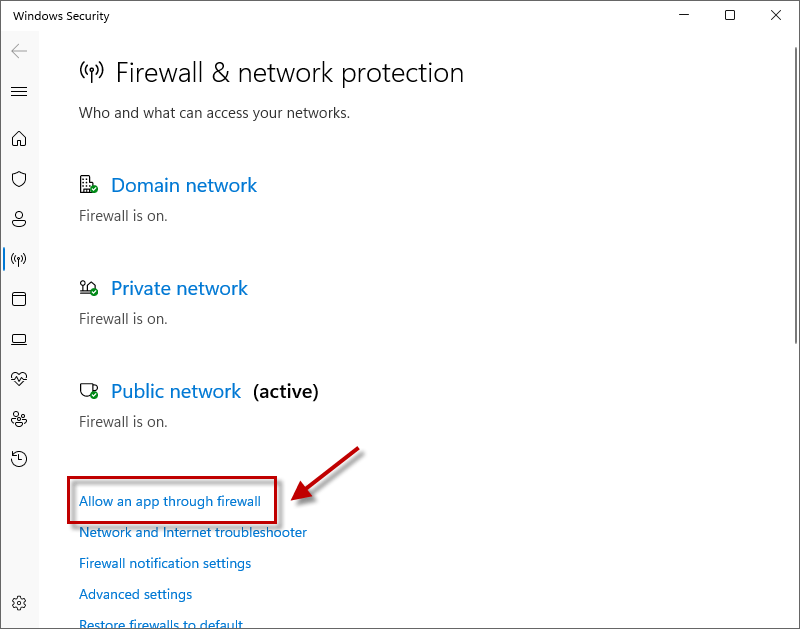
Step 4: Click on the Change settings button (you may need administrator privileges).
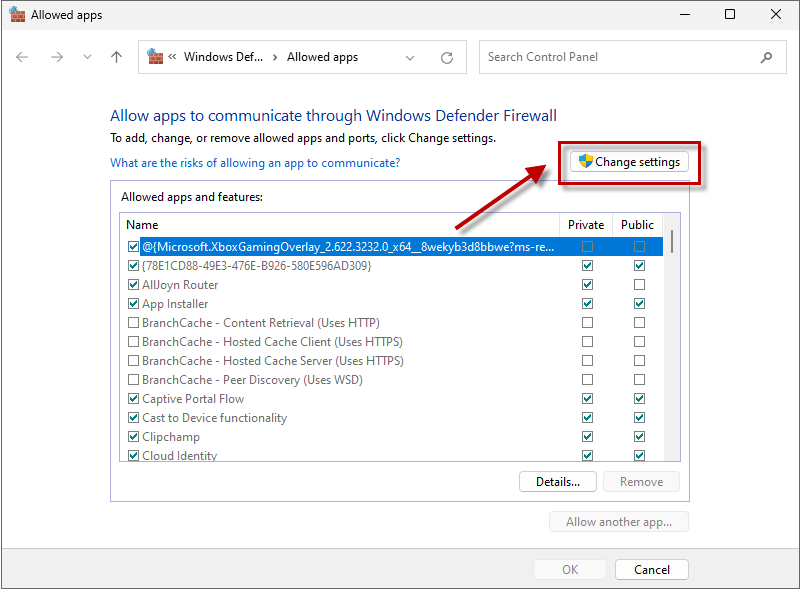
Step 5: Check if the program or app related to the error code 0x80070005 is listed in the "Allowed apps and features" list. If the app is listed, ensure that both the Private and Public checkboxes are ticked for that app.
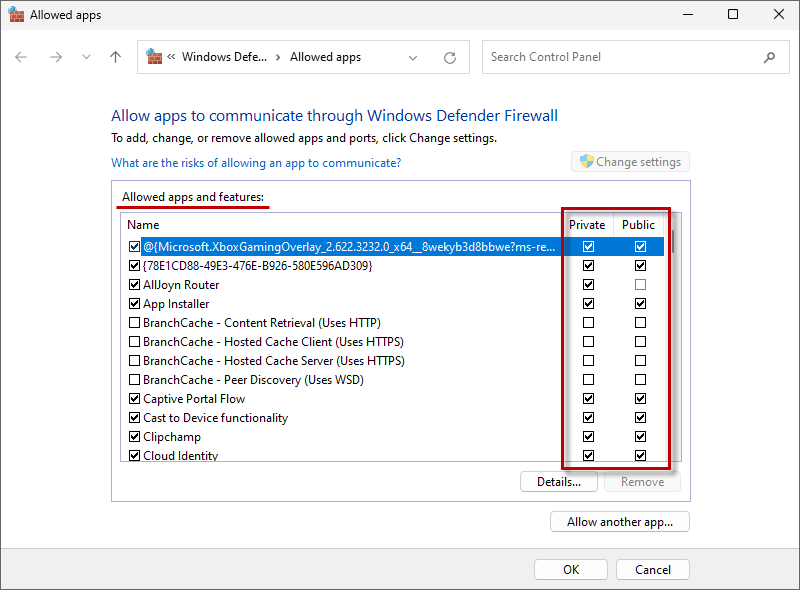
If the app is not listed, click on the "Allow another app" button and locate the executable file (.exe) of the program causing the error, then click on Add. Once you have selected the app, make sure both the "Private" and "Public" checkboxes are ticked.
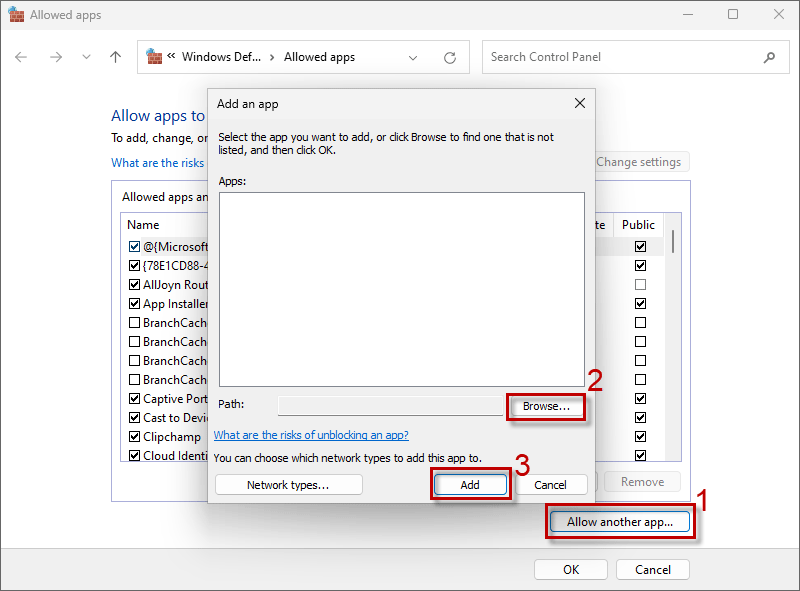
Step 6: Click OK to save the changes. Restart your computer and check if the error code 0x80070005 is resolved.
